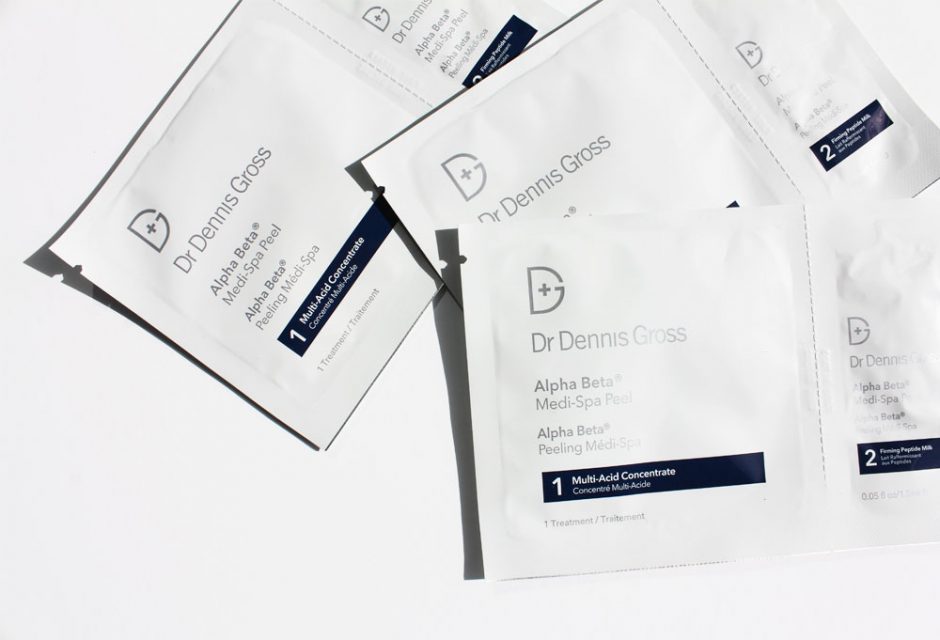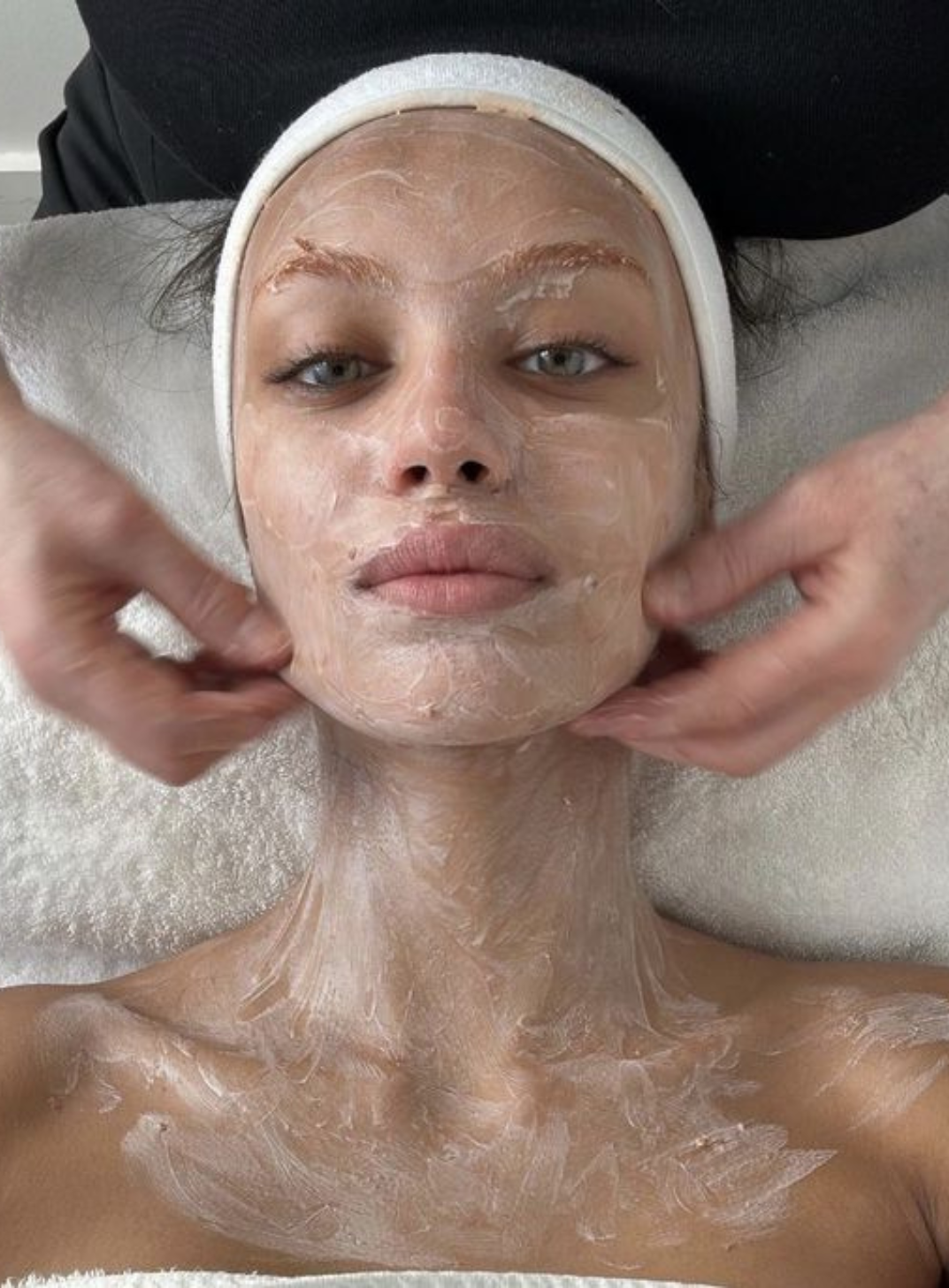Dr. Dennis Gross Wants You To Start Using A Chemical Peel Every Day
Chemical peel. There’s something slightly terrifying about those two words – especially when used together. For many, the term conjures up images of Samantha Jones in ‘Sex and the City’ (season five, episode five) – the one where she goes in for a chemical peel and needs a few days to recover. [Author’s note: Carrie describes Samantha’s face as beef carpaccio and she’s not wrong.]
With that in mind, we asked Dr. Dennis Gross, celebrity dermatologist and founder of Dr. Dennis Gross Skincare, to explain the dos and don’ts of chemical exfoliation so that we can all learn from Samantha’s mistake. Spoiler: Chemical peels have come a long way since the ’90s.
[responsive imageid=’33477′ size1=’0′ size2=’641′ size3=’1024′] [/responsive]
[/responsive]
Gritty Pretty: Hi, Dr. G! (Can we call you that?) Your brand sells no less than nine varieties of peels. Why are you such a big advocate of an at-home chemical peel?
Dr. Dennis Gross: Peels are very effective for acne and anti-ageing, as long as the peels are two steps. The first step removes the dead skin, causes some detachment and removes some of the build-up. The second step contains soothing ingredients, plus it contains the antidote for the acid and turns it off. It’s very controlled and very calibrated.
If you’re using a two-step peel that’s the right strength for you – we have gentle, universal and extra strength – you will not run into trouble at all. As opposed to a one-step peel – a high dose of glycolic acid, for example – which I don’t approve of because that can strip the skin’s moisture barrier and really injure it. A one-step peel is an enemy to skin – it leaves the skin dry.
What would you say to our readers who are scared of peeling their face off?
The modern peel won’t make your skin red or flakey. It’s really what’s called a micro-peel; the only peeling you’re going to see is the dead skin that comes off on the cotton pad. It’s all about removing the build-up that occurred in the past 24 hours, that’s it.
Are peels suitable for people with acne?
Peels help [to unclog pores]. They exfoliate and start to normalise the oil chemistry. Sometimes, for people with complexion problems, the oil that their skin manufactures is a little too heavy for its own good – instead of flowing like oil or water, it’s a little like honey. So peels help normalise the chemistry of their skin oils and revert it back to that thinner, more flowing, type of oil.
[responsive imageid=’33478′ size1=’0′ size2=’641′ size3=’1024′] [/responsive]
[/responsive]
What is your most popular product?
The Alpha Beta Daily Peel. It is something that has so many varied benefits for the skin – that’s why it’s so popular.
What about the skin barrier? Can you overdo it if you’re using a peel daily?
My products are all designed to keep the skin in balance. As long as you play it safe, you will not adulterate the skin barrier. In fact, lactic acid – one of the acids that I use – actually strengthens the skin barrier.
The skin’s natural pH is 5.5; when you do any of the peels I have, it takes the skin on a little journey where the acid step lowers the pH and imparts the acids onto it. When you apply step two, it returns your skin back to its normal pH – the normal acid mantle level. It’s been shown that when you bring the skin from a lower pH to a higher pH, it increases cell turnover and stimulates the person’s own collagen production. So it has terrific anti-ageing benefits, not just complexion benefits.
[responsive imageid=’33479′ size1=’0′ size2=’641′ size3=’1024′] [/responsive]
[/responsive]
Tell us, have you used any of Dr Dennis Gross’ peels? Or have you tried an in-salon professional peel? We’d love to hear about your experience below.












Comments